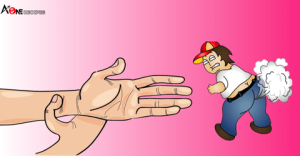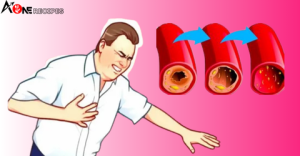If you’ve ever woken up in the middle of the night with aching, tingling feet, you’re not alone. Nighttime leg cramps, or nocturnal leg cramps, are usually sudden, involuntary contractions of the calf or foot muscles. These cramps can last from a few seconds to a few minutes and can be painful enough to disrupt your sleep.
So why do they happen, and what can you do to prevent them?
Common causes of nighttime leg cramps
While the exact cause isn’t always clear, several factors may increase your risk:
Dehydration – Low fluid levels can disrupt the balance of electrolytes, such as potassium, magnesium, and calcium, leading to cramps.
Lack of exercise – Sitting or lying down for long periods of time can shorten and tighten muscles.
Overuse – Vigorous exercise during the day or using your legs more than usual can cause muscles to become tired at night.
Poor circulation – Reduced blood flow to your legs when you’re lying down can contribute to swelling.
Nerve compression – Spinal stenosis or pinched nerves in the lower back can cause leg cramps at night.
Medication – Some medications, such as diuretics, statins, and beta-blockers, can cause leg cramps as a side effect.
Age and pregnancy – Aging is a common cause of leg cramps in older adults and pregnant women, due to muscle fatigue and changes in blood circulation.
How can you prevent or relieve leg cramps at night?
Fortunately, there are several steps you can take to reduce the frequency and severity of leg cramps at night.
Stay hydrated: Drink plenty of water throughout the day to keep your muscles working properly.
Stretch before bed: Gently stretching your calves, thighs, and feet before bed can help prevent cramps.
Exercise regularly: Low-impact exercises like walking and swimming can improve circulation and muscle strength.
Wear supportive shoes: Avoid high heels and low-arched shoes during the day.
Massage and warm compresses: If you have cramps, gently massage your muscles or apply a warm towel or heating pad to relieve tension.
Magnesium or potassium: If you are deficient in these minerals, talk to your healthcare provider about supplements.
When to see a doctor
Sometimes, swelling is normal, but if it is frequent, severe, or accompanied by symptoms such as muscle weakness and swelling, see a doctor. It may be caused by an underlying health condition, such as diabetes, nerve problems, or circulatory problems.




